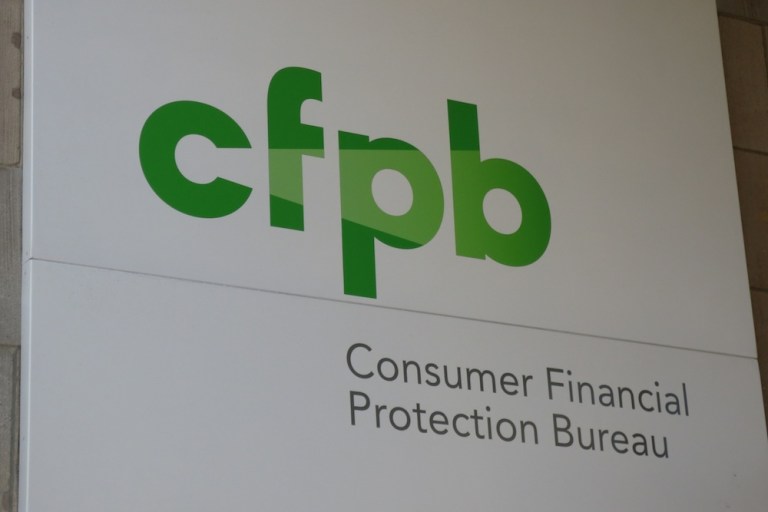CFPB Names Paul Watkins From AZ AG Office As Innovation Head

The Consumer Financial Protection Bureau (CFPB) has announced that Paul Watkins, a lawyer, will lead the agency’s newly created Office of Innovation.
“I am delighted that Paul Watkins is bringing his deep expertise, track record of protecting consumers and commitment to innovation to the Bureau,” Acting Director Mick Mulvaney said in a press release. “I am confident that, under his leadership, the Office of Innovation will make significant progress in creating an environment where companies can advance new products and services without being unduly restricted by red tape that belongs in the 20th century.”
The Office of Innovation was recently created by Mulvaney to focus on a new priority for the agency: encouraging consumer-friendly innovation. That work was previously done under Project Catalyst, and will now be transitioned to the new office. Within the Office of Innovation, the Bureau will promote competition, innovation and consumer access within financial services, as well as focus on creating policies to facilitate innovation, engaging with entrepreneurs and regulators, and reviewing outdated or unnecessary regulations.
Before joining CFPB, Watkins was working at the Arizona Office of the Attorney General, where he was in charge of the office’s FinTech initiatives. He managed the FinTech Regulatory Sandbox, the first state FinTech sandbox in the country. Watkins was also the Chief Counsel for the Civil Litigation Division, where he managed the state’s litigation in areas such as consumer fraud, antitrust and civil rights.
Earlier this month, Mulvaney announced that Brian Johnson, who currently serves as principal policy director at the Bureau, will assume the responsibilities of acting deputy director.
The announcement comes as there has been opposition surrounding President Donald Trump’s pick as the next director of the agency: Kathy Kraninger. She is widely expected to maintain Mulvaney’s steps to dismantle the power of the CFPB. She doesn’t believe government intervention is needed to foster robust entrepreneurship in the country, though she does think the government plays a role in stopping fraudulent activity that could harm the markets and consumers.